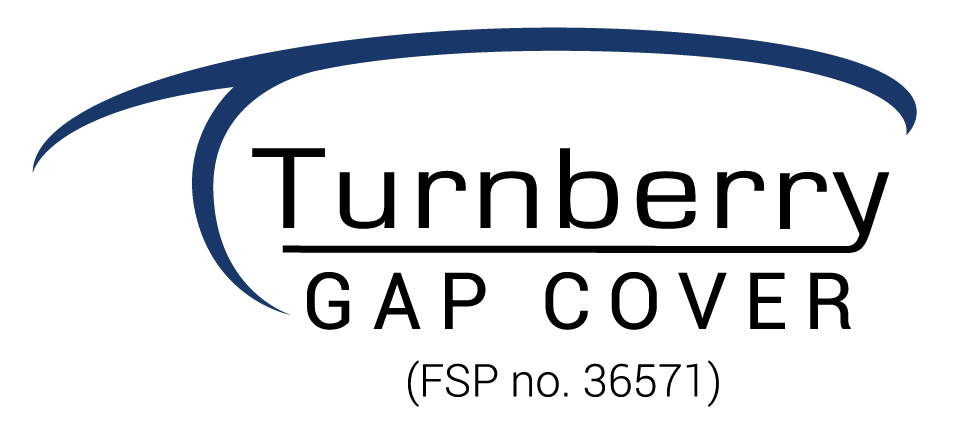
IOL – November 2021
Heart disease is one of the leading causes of death in our country. According to the Heart and Stroke Foundation, 225 South Africans are killed by heart diseases every day, and 10 people suffer a stroke every hour. Lifestyle plays a significant role, and there are many risk factors we can control. However, heart disease is increasingly common, and when it does occur, it can be a costly experience from a medical perspective. While heart problems are covered as Prescribed Minimum Benefits (PMBs), the voluntary use of a Non Designated Service Provider can result in a shortfall, and these are often sizeable. Gap cover can help to save your pocket when medical help is necessary to save your life.
The heart of the problem
There are many different types of heart disease, which require different treatment and have different risks and outcomes. These include venous thromboembolism, peripheral artery disease, cardiomyopathy, angina, atherosclerosis, heart valve disease, Kawasaki disease, rheumatic heart disease, congenital heart disease, arrhythmia, cardiac arrest, heart failure, heart attack and ischemic heart disease.
Congenital heart disease is something children are born with and nothing can be done to prevent it. But, while some risk factors are out of our control, including age, sex, genetics and family history or heart disease, the vast majority of heart diseases and strokes (up to 80%) can be prevented.
It is essential to control risk factors around lifestyle, such as stress, smoking, nutrition, body weight, cholesterol and blood pressure, and by managing other diseases such as diabetes. Screening and monitoring these factors can help to identify problems early on, such as high cholesterol, so that they can be addressed before they can cause severe disease.
Don’t let heart disease ruin your financial wellbeing
Most heart conditions are PMBs, which means that, if you make use of a Designated Service Provider (DSP) to obtain treatment, it will be fully covered by your Medical Aid. The exception is if there is a life-threatening emergency where a member could not select a DSP, in which case the claim will be funded in full until the member is stabilised. They will then need to be moved to a DSP if they want the medical scheme to continue to fully fund the treatment. If a DSP is not used, the member will experience medical expense shortfalls.
However, while heart diseases are typically PMBs, there are certain elements of treatment that may be subject to sub-limits. For example, the stents that are used to open blocked coronary arteries are considered to be prosthesis, as are pacemakers, which means medical schemes may only fund a portion of the cost. There may also be shortfalls with regard to doctors and surgeons which can be extremely costly.
For example, we saw a claim in February 2021 for a cardiothoracic surgeon, for the treatment of acute ischaemic heart disease, that was charged at R141 862.34. The medical scheme paid R51 681.90, leaving a shortfall of R83 867.81, which would have fallen to the member to pay, had they not had gap cover. Another claim from October 2020 for unstable angina and atherosclerotic heart disease saw a member experience a shortfall of R71 383.90 for the cardiothoracic surgeon, R22 500.76 for the anaesthetist and R16 277.12 for the cardiologist, a total shortfall of R110 161.78.
Beyond the emergency
Heart disease, apart from often resulting is expensive emergency surgical procedures, also requires long-term management with medication. Members also need to ensure they register chronic conditions, including high cholesterol and blood pressure, to make sure these are covered. The basket of care for PMB conditions like heart disease includes diagnosis, the medication required for maintenance, as well as consultation and blood tests needed to confirm that the disease is being well regulated.
However, prevention is always better (and less costly) than cure. To truly safeguard heart health, and financial wellbeing, we need to ensure we control all of the risk factors we can. This includes not smoking, minimising stress, eating a healthy diet, and getting enough exercise. Heart disease is a leading killer across the globe, and in South Africa as well, but most of the time it can be prevented.
https://pdf.novusgroup.co.za/assets/pdf/NOVUS_IOL_Money_2021-11-01_NTQ3MTc2MjAa_1722WjaxG.pdf
https://getcovered.turnberry.co.za/app/1
What is Gap Cover?

https://getcovered.turnberry.co.za/app/1
Client Testimonials
I have been a member of Turnberry Management Risk Solutions since 2016 through my employer. Although I knew I had gap cover, I had never used it and didn’t know how it worked, until I needed to claim for open heart surgery after having had a heart attack. One day, I was at work when I felt short of breath and experienced chest pain. I thought it was heartburn, so I took an antacid, which did not help. I then called a driver to take me home so I could take the nitroglycerin spray that I had, which also had no effect. I went straight to the closest hospital in Piet Retief, however, the doctors there sent me to Newcastle. After having blood tests done, I was then transferred to Mobeni hospital in Durban, where doctors performed an angiogram. I ended up having a quintuple bypass and spent almost two weeks in ICU. I had four different doctors, including a surgeon, an anaesthetist, and a cardiologist, as well as physiotherapy while I was in hospital. The recovery was long and difficult, and the last thing on your mind while this is happening is paying for any of it. When I started to receive the bills, I was not sure how I was going to pay for any of it. My employer then reminded me that I had gap cover and helped me to submit my claims. The shortfalls from the cardiothoracic surgeon were almost R100 000 and from the anaesthetist around R62 000, which is a huge sum that most people simply cannot afford. I would highly encourage anyone who has medical aid to also take out gap cover, because there can be large shortfalls and you don’t realise how much gap cover will help you. You never know what is going to happen, and when it does, it is often too late. Without gap cover from Turnberry, I would have been in deep trouble – I would have gotten my life back only to be in massive debt. Andrew Appelgryn – November 2021
